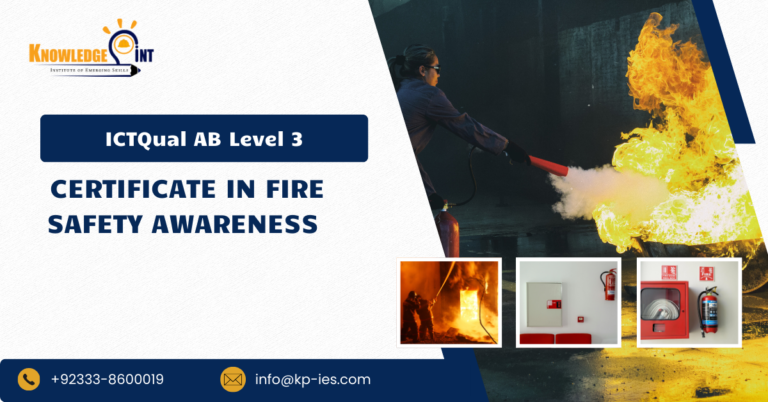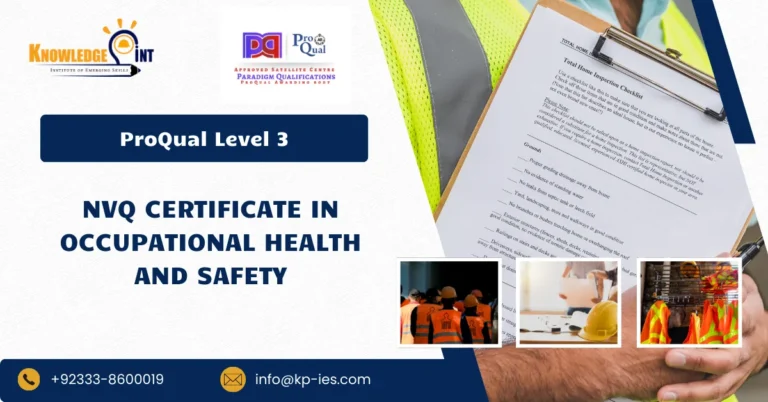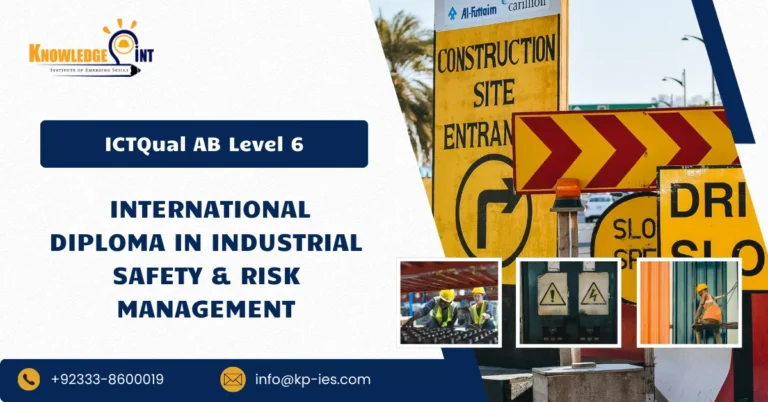Qualifi Level 5 Extended Diploma
Information Technology
Awarding Body
Qualifi
Credits
240
Course Type
Ofqual Regulated
study mode
Online Learning
Course overview
The Qualifi Level 5 Extended Diploma in Information Technology is an ideal qualification for individuals seeking to deepen their technical knowledge and advance their careers in the fast-paced IT sector. This diploma covers a broad range of critical IT subjects including computer systems, coding and website development, networks, mobile communications, cybersecurity, and social media for business. It is designed to equip learners with both theoretical understanding and practical skills necessary to thrive in various IT roles.
One of the key strengths of this diploma is its comprehensive curriculum that balances foundational IT knowledge with emerging technologies and industry trends. Learners develop competence in designing and managing computer systems, building websites, managing secure networks, and understanding mobile and wireless technologies. Additionally, the course highlights the importance of cybersecurity measures and how businesses can protect their digital assets against evolving cyber threats.
Another significant benefit is the focus on applying IT skills in real-world business contexts, especially through the study of social media for business. This equips learners with the tools to support digital marketing strategies, customer engagement, and online brand management, making the qualification valuable beyond traditional IT roles.

Approved Training centre of Qualifi
For Qualifi Qualifications

Entry Requirments
Entry Requirements for the Qualifi Level 7 Diploma in Information Technology
- Educational Qualifications: Applicants should normally hold a Qualifi Level 4 Diploma in IT or an equivalent qualification.
- Professional Experience: Mature learners (aged 21+) without formal qualifications may be admitted if they have substantial IT-related work experience.
- English Language Proficiency: Since the program is taught in English, learners must show competence in reading, writing, and understanding English.
Course structure
The Qualifi Level 5 Extended Diploma in Information Technology consists of 12 units which are as follows.






